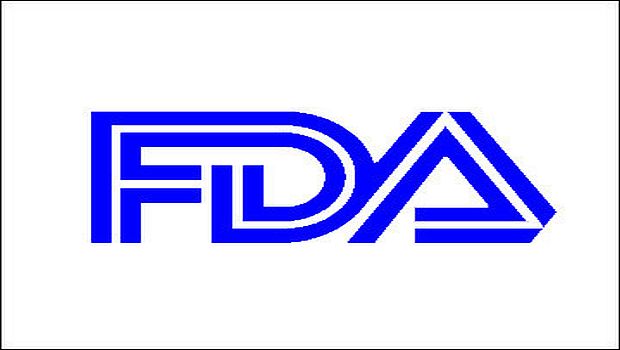FDA to Dietary Supplement Marketers: Enter Close Relationship with Contract Manufacturers
Shelly Maifarth, a principal with the FDA Compliance Group LLC, said contract manufacturers must be more open with the companies for whom they are making products.

Marketers of dietary supplements who outsource their manufacturing to a third party should have a close relationship with their supplier, an FDA official advised last week during the Rocky Mountain Dietary Supplement Forum in Boulder, Colorado.
Nancy Schmidt, an FDA compliance officer in the Denver District, said the agency often encounters businesses that don’t make their own products.
“I think if you're not going to manufacture your product alone, or formulate it, that .. it would be very beneficial to have a close relationship with your supplier so you can answer questions that are going to come to you during an audit," Schmidt said Sept. 16 during the forum. “You need to know your ingredient."
Marketers or “own-label distributors" may know little about how their dietary supplements are manufactured, according to FDA and industry consultants. But FDA holds marketers of dietary supplements responsible for compliance with its 9-year-old manufacturing regulations (cGMPs or current good manufacturing practices), even if they retain a third party to make the products.
"What do you want to get at the end of your production?" asked Schmidt, a 20-year FDA employee. “That's your decision. That's not your contract manufacturer's [decision]. Even if you do employ a contract manufacturer, consider them part of your business. You're renting their facility. They are part of your business. Do you just let the people at your firm do whatever they want, or do you direct them to give you the product you need?"
Shelly Maifarth, a principal with the Broomfield, Colorado-based FDA Compliance Group LLC, which hosted the Rocky Mountain Dietary Supplement Forum, said contract manufacturers must be open with the companies for whom they are making products.
“The contract manufacturer used to be a very closed society and they didn't want anybody to know what was going on inside their door," said Maifarth, who worked 34 years at FDA—including about 22 years as a compliance officer in the Denver District. “And they can't operate that way anymore. People need to know that their products are being manufactured correctly. They need to be open to audits. They need to let people know what ingredients are being used."
Maifarth pointed out own-label distributors are predominantly run by marketers and sales professionals. Nevertheless, FDA has concluded in warning letters that distributors are ultimately responsible “for the dietary supplements that you introduce or deliver for introduction into interstate commerce" and for “complying with the requirements related to manufacturing operations, even though you have hired another person to perform that job task."
"The person whose name is on the label is responsible, and these sales people and marketing people, they don't know anything about this," Maifarth observed in a phone interview. “They're shocked when they talk to me. And I say, ‘Well as an own-label distributor, you need to have at least 14 or so SOPs [standard operating procedures] and have somebody working quality for you at least on a part-time basis because you are responsible for the quality of your product,’ and they go, 'Huh?'"
"They just don't understand what business they're getting into," Maifarth said of some own-label distributors. “It's like they're driving a car and they did not take the driver's test, and nobody told them they had to take the driver's test."
She recommended own-label distributors enter into quality agreements with their contract manufacturers, so they are aware of such particulars as the suppliers of the raw materials and the company responsible for testing ingredients. She further advised own-label distributors to conduct regular audits of the manufacturing facility.
Maifarth also said distributors should establish SOPs—such as those governing quality control (QC) responsibilities, specifications and vendor qualifications—and attend training.
“They need to go to some GMP training so that when they talk to the contract manufacturer, they understand what a batch record is, what a master [manufacturing] record is, what a specification is, that testing is required," Maifarth said.
Finally, if the contract manufacturer is conducting finished product testing, Maifarth recommended own-label distributors send samples of finished products to another laboratory at least once a year to corroborate the products are what they purport to be.
“Audit them [the contract manufacturer] just like you would an employee," advised Schmidt, the FDA compliance officer in the Denver District. “They are not in control if you are contracting with them. You are."
Editor's Note: Looking for ways to manage and reduce the risks in partnering with contract manufacturers? Join us for the Contract Manufacturing: Raising the Bar on Delivering Quality workshop on Saturday, Oct. 8, at SupplySide West 2016.
About the Author(s)
You May Also Like






.png?width=800&auto=webp&quality=80&disable=upscale)